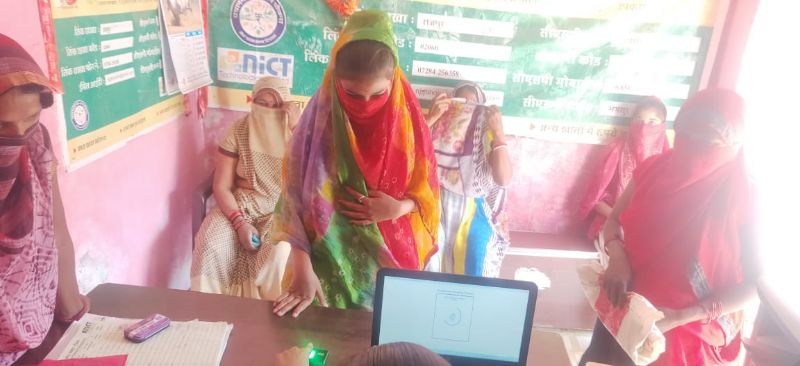Impact of COVID-19 on critical and essential healthcare services and the capacity of frontline healthcare workers
Oct 26, 2021
1 min
The COVID-19 pandemic has put the spotlight on India’s healthcare system and frontline healthcare workers. MSC undertook a study on the health system across the Indian states of Uttar Pradesh, Odisha, and Bihar to investigate how the public health system and its beneficiaries fared in the pandemic. The study focused on exploring critical challenges in the […]
The COVID-19 pandemic has put the spotlight on India’s healthcare system and frontline healthcare workers. MSC undertook a study on the health system across the Indian states of Uttar Pradesh, Odisha, and Bihar to investigate how the public health system and its beneficiaries fared in the pandemic. The study focused on exploring critical challenges in the demand and supply of health services. These elements include community demand in the form of health-seeking behavior and access to healthcare; health service delivery in terms of provision of health services—human resource, infrastructure, and logistics; and community health workers—ASHAs.
The study highlighted gaps in the supply and demand sides of the healthcare delivery system. In particular, ASHA workers have long faced multiple challenges in executing their essential tasks. Our research indicates that the pandemic exacerbated these challenges. Such challenges impact more than 1 million ASHA workers as they deliver essential services to rural communities across the country. MSC recommended measures to strengthen the rural healthcare system in the post-pandemic world and ensure effective and timely delivery of health services—particularly to rural communities.
 Oct 26, 2021
Oct 26, 2021 1 min
1 min
Leave comments